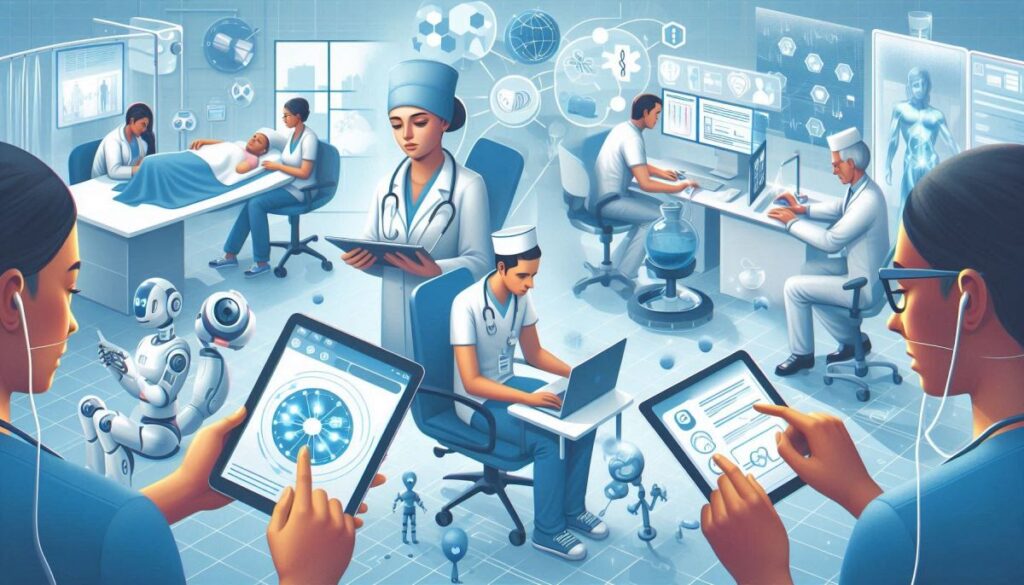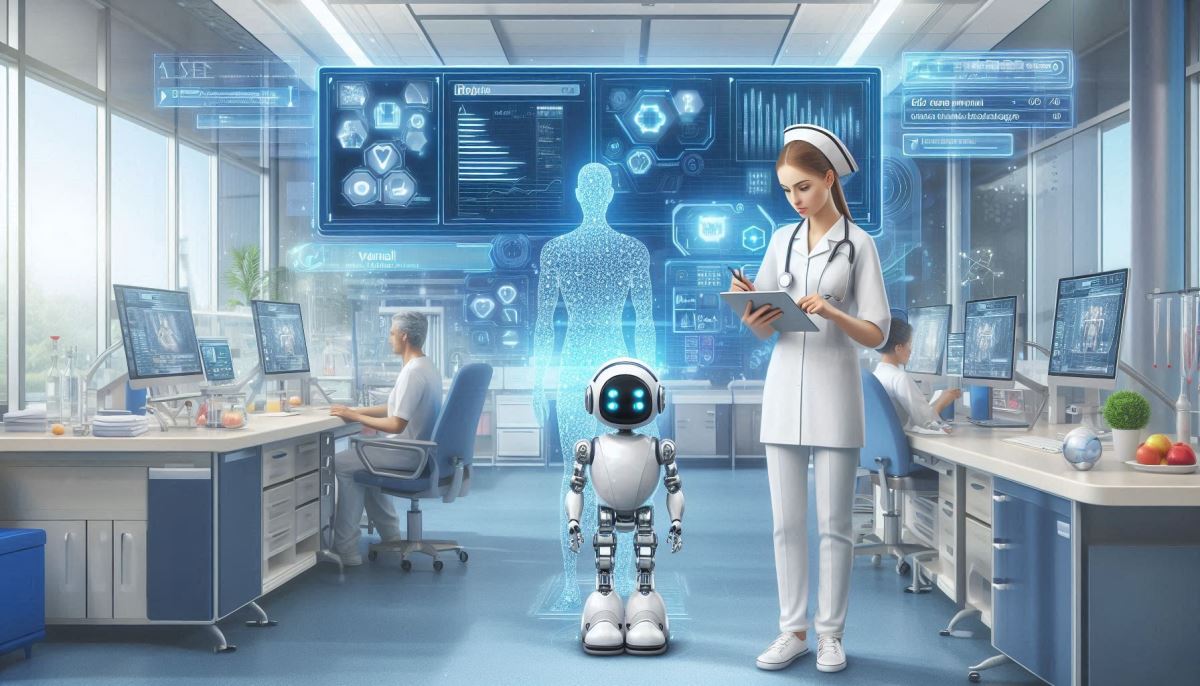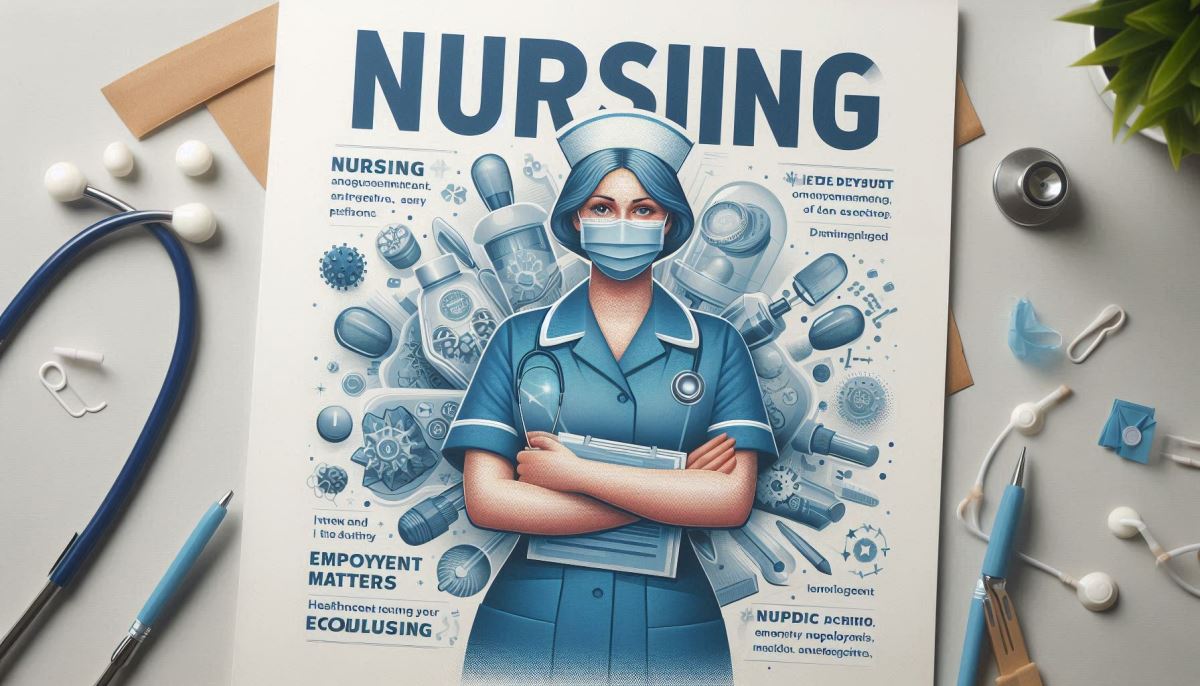Innovation in nursing is an ever-evolving field that plays a crucial role in healthcare delivery. Innovations in nursing are driving improvements in patient care, operational efficiency, and overall health outcomes. This article explores various innovations in nursing, their impact, challenges, and future directions.
The Importance of Innovation in Nursing
Innovation in nursing is essential for addressing the complexities of modern healthcare. With advancements in technology, shifting patient demographics, and increasing healthcare demands, nurses must adapt to provide high-quality care.
Innovations can enhance clinical practices, improve patient experiences, and streamline administrative processes.
Key Areas of Innovation in Nursing
1. Technology Integration
The integration of technology into nursing practice is one of the most significant innovations. This includes the use of electronic health records (EHRs), telehealth, and mobile health applications.
- Electronic Health Records (EHRs): EHRs streamline patient data management, allowing nurses to access and update patient information quickly and efficiently.
- Telehealth: This innovation enables nurses to provide care remotely, increasing access for patients in rural or underserved areas.
2. Advanced Practice Roles
The expansion of advanced practice roles, such as Nurse Practitioners (NPs) and Clinical Nurse Specialists (CNS), represents a significant shift in nursing.
- Nurse Practitioners: NPs can diagnose and treat patients, prescribe medications, and manage chronic conditions, thus expanding the nursing workforce’s capabilities.
3. Patient-Centered Care Models
Innovations in nursing are increasingly focused on patient-centered care, where the patient’s preferences, needs, and values guide clinical decisions.
- Shared Decision-Making: Nurses are utilizing tools and frameworks that promote shared decision-making with patients, ensuring that care plans align with their individual goals.
4. Simulation and Training
Simulation-based training is revolutionizing nursing education and continuing professional development.
- High-Fidelity Simulations: These allow nurses to practice skills in a controlled environment, improving their confidence and competence before encountering real-life situations.
5. Robotics and Automation
The introduction of robotics and automation in nursing can reduce the physical burden on nurses and enhance patient care.
- Robotic Assistants: Robots can assist with tasks such as medication delivery and patient monitoring, allowing nurses to focus on direct patient interaction.
Benefits of Innovation in Nursing
| Benefit | Description |
|---|---|
| Enhanced Patient Outcomes | Innovations lead to more effective treatment plans and improved recovery rates. |
| Increased Efficiency | Technology and automation streamline workflows, allowing nurses to spend more time with patients. |
| Improved Job Satisfaction | Advanced tools and practices can reduce burnout and increase job fulfillment among nurses. |
| Better Interprofessional Collaboration | Innovations facilitate communication and teamwork among healthcare providers. |
Challenges in Implementing Innovations
While the benefits of innovation in nursing are substantial, several challenges can hinder successful implementation:

1. Resistance to Change
Nurses and healthcare organizations may resist adopting new technologies or practices due to fear of the unknown or discomfort with technology.
2. Training and Education
Effective implementation requires comprehensive training programs to ensure that nurses are well-equipped to use new tools and practices.
3. Resource Limitations
Budget constraints and limited resources can impede the adoption of innovative technologies in healthcare settings.
4. Data Privacy and Security
With the integration of technology, safeguarding patient information becomes increasingly critical. Concerns about data breaches can slow down the adoption of digital tools.
Future Directions for Nursing Innovation
The future of nursing innovation is promising, with several trends likely to shape the field:
1. Artificial Intelligence (AI)
AI technologies can assist nurses in decision-making, predictive analytics, and personalized care. The integration of AI can enhance the efficiency and accuracy of nursing practice.
2. Telehealth Expansion
The demand for telehealth services is expected to grow, with nurses playing a vital role in delivering remote care and managing chronic conditions through virtual platforms.
3. Interprofessional Collaboration
Innovations will likely foster greater collaboration among healthcare professionals, leading to holistic approaches to patient care.
4. Focus on Mental Health
As awareness of mental health issues increases, nursing practices will need to adapt to address the mental well-being of patients alongside their physical health.
Frequently Asked Questions (FAQ)
Conclusion of Innovation in Nursing
Innovation in nursing is critical for meeting the evolving demands of healthcare. By embracing new technologies and practices, nurses can enhance patient care, improve operational efficiency, and contribute to better health outcomes. The future of nursing is bright, with continued advancements promising to transform the profession and the care provided to patients.



